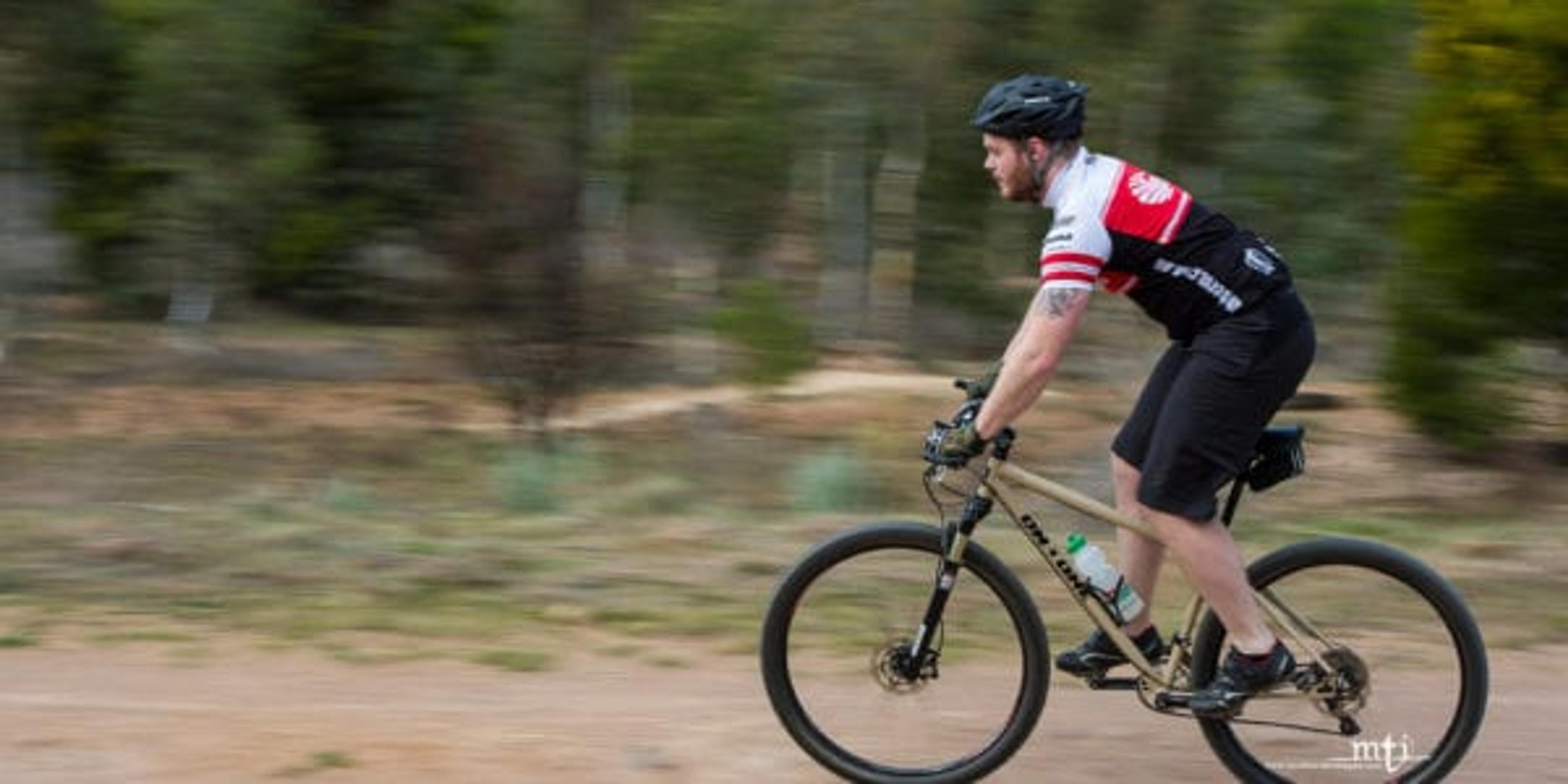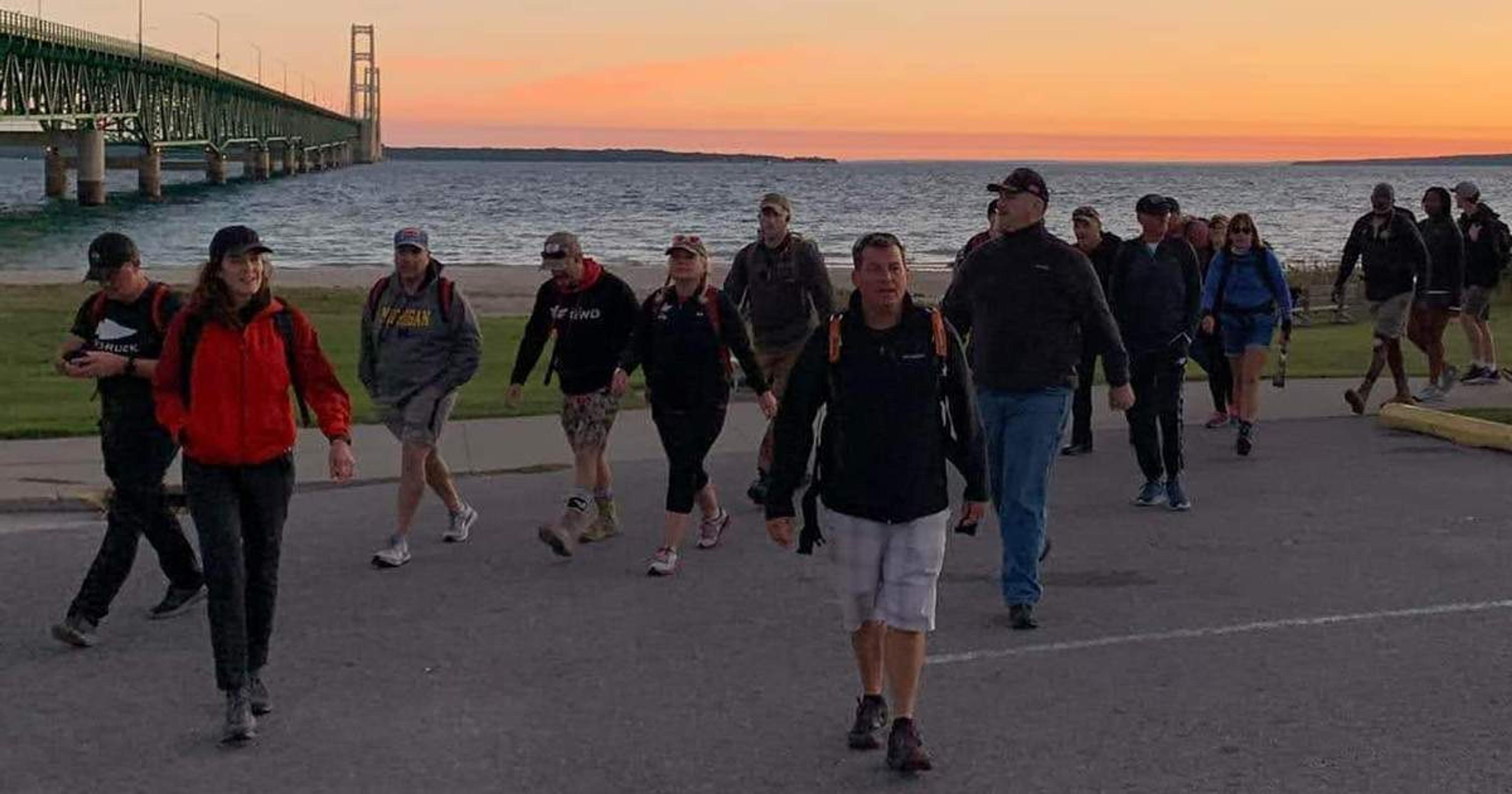Don’t Get Sidelined by a Summer Injury
Guest Blogger
| 3 min read

It’s almost impossible to drive by a field or park in Michigan right now without seeing people playing impromptu games of kickball, working on their jump shots or hitting a tennis ball back and forth with friends. But while summer is prime time to enjoy being active outside, all that exercise can also up your risk of getting injured. Here’s how to stay in the game this summer without getting hurt:
Ease into it
Overuse injuries, like shin splints, ankle sprains, runner’s knee and tennis elbow, can be avoided if you start out slowly and gradually build up to longer workouts at more intense levels. This allows your body to adapt to the new activities and the physical stress being placed on it. Try sticking to the “10 percent rule,” which says you should increase the frequency, intensity or length of an activity by no more than 10 percent every week. And don’t just jump right in! Warm up for 10 minutes beforehand to loosen up your muscles and joints.
Brush up on sports-specific safety tips
Every sport and activity has risks, which is why it’s so important to remember the basic safety rules for whatever you’re doing.
- If you’re going out on the water to swim or kayak, make sure you know proper form and what to do if something goes wrong. If you haven’t done a particular water sport before, talk to an expert or instructor about the right safety equipment and techniques.
- Before heading out on a long bike ride, double check that your equipment is properly adjusted and sized and make sure your helmet is in good shape. Don’t forget to take regular breaks and rest during your ride, especially if you are just starting out – or are returning to – long-distance biking.
- When running or hiking, keep your feet and ankles safe by wearing supportive sneakers and take a water bottle with you to stay hydrated (it helps keep your muscles from cramping up). Also make sure to go at your own pace, especially if you’re with a group of people. You increase your risk of getting injured when you push yourself too hard.
Pay attention to your body
While a little discomfort shouldn’t stop you from being active, it’s never a good idea to ignore pain. Look out for signs like joint or muscle stiffness, favoring one side of your body (like if you start to limp a little while running) or sharp pain anywhere. That should tell you to stop what you’re doing and, if it doesn’t improve, see a doctor.
If you do happen to get injured, make sure you give your body time to heal. Exercising again too soon can lead to more, potentially serious injuries.
If you liked this post, you might also like:
Photo credit: Mark Turner
This blog was written by Melissa Thompson, a freelance writer at Inc, Forbes, Score and others. She’s also the founder of health and wellness publication HarcourtHealth.






